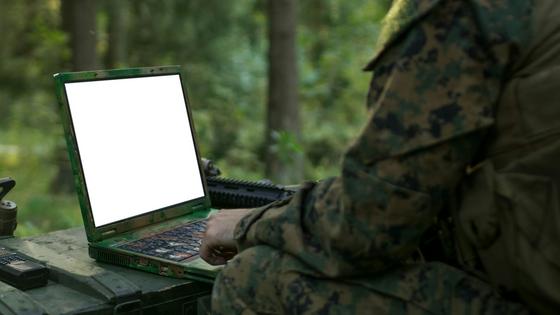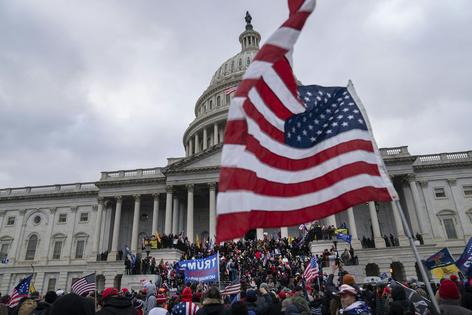Militia extremists, kicked off Facebook again, are regaining comfort in public view
Published in News & Features
When journalists sounded alarm bells in early May 2024 that more than 100 extremist militia groups had been organizing and communicating on Facebook, it wasn’t the first time militias had garnered attention for their online activities.
As a scholar of militias, I’ve seen extremists get kicked off Facebook before.
This time, the platform’s moderators took down roughly 100 pages and profiles for violating the social media network’s rules that prohibit “militarized social movements.”
These organizations include U.S. domestic militias, which are usually groups of armed people who meet regularly for shooting practice as well as discussions of cultural and political concerns. They also take personal responsibility for defending their communities and their country from a variety of perceived possible threats.
Some militias seek to defend themselves from the government, while others prepare to attack it – but all prioritize preserving Second Amendment rights and believe that they are protecting democracy from government tyranny that would otherwise be unchecked.
The 100 groups most recently removed are just a tiny fraction of the thousands of militia groups Facebook has previously kicked off the site, supposedly permanently. But it is nonetheless a concern that militias appear to be trying to reclaim the platform to network, recruit and publicize their activities.
In the months before the 2020 presidential election, Facebook blocked and removed the Facebook profiles and pages of about 10,000 militia groups and militia members. The company fully deleted the groups’ comments and interactions, including on topics that had nothing to do with militia activity.
For researchers like me, this was an eerie time. When I went on Facebook, it seemed as though those people and organizations had never existed. I’d studied them for decades, and they were just gone – even from the pages I created to monitor their activities.
Facebook had long been the primary place online where militias could chat with other militias, learning about their preferred tools and techniques, and, in some cases, plotting violent action. Most militia groups at the time had publicly accessible pages for their units and openly discussed many of their actions, though the most nefarious operated behind private or invite-only groups that researchers and law enforcement were not always able to access.
Militias like to think of themselves as being prepared for any eventuality, whether a natural disaster, a foreign government incursion or a more commonplace emergency like a car crash. But it became apparent that most of these groups had no meaningful backup plan for what they would do if they lost access to Facebook, the social media site where most of them were most active.
...continued











Comments